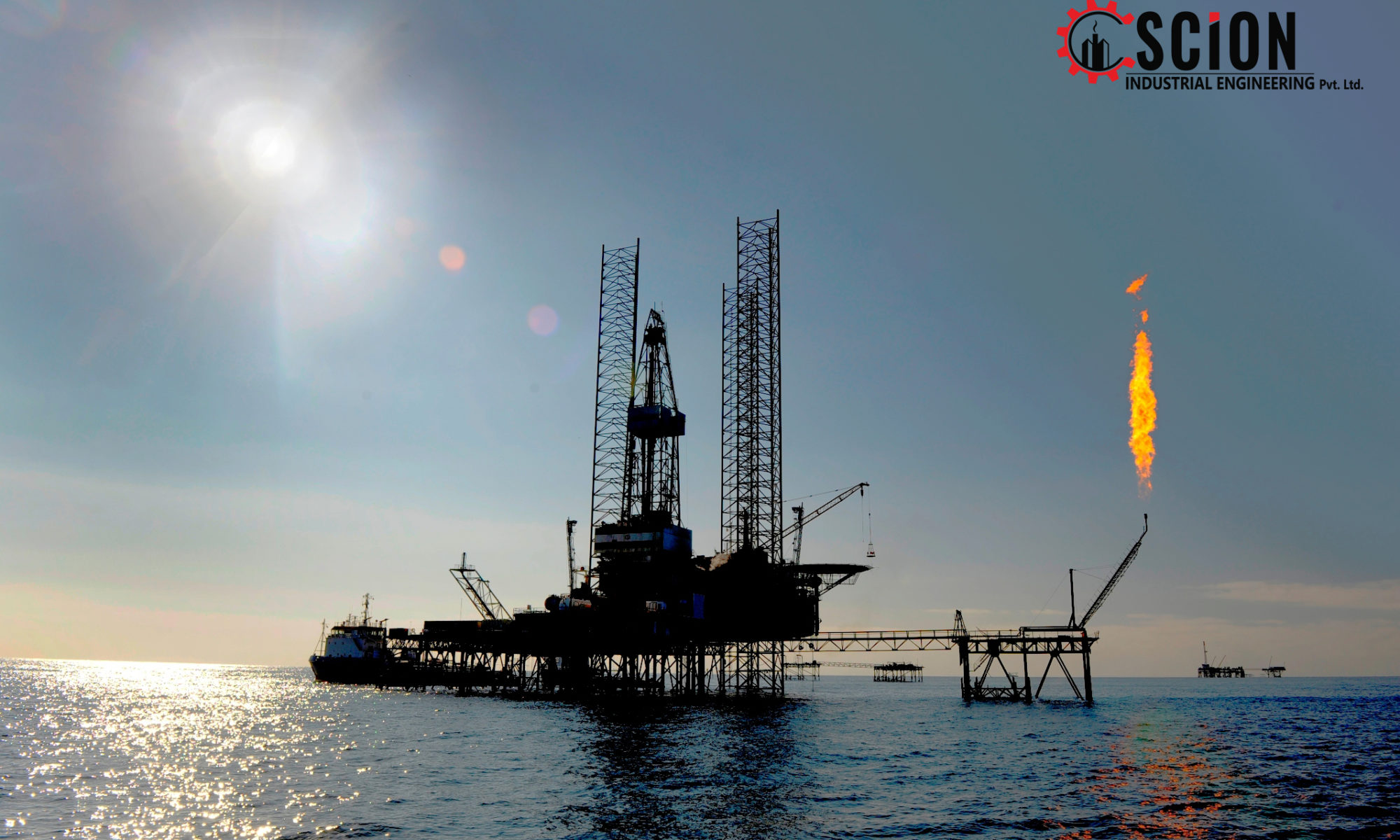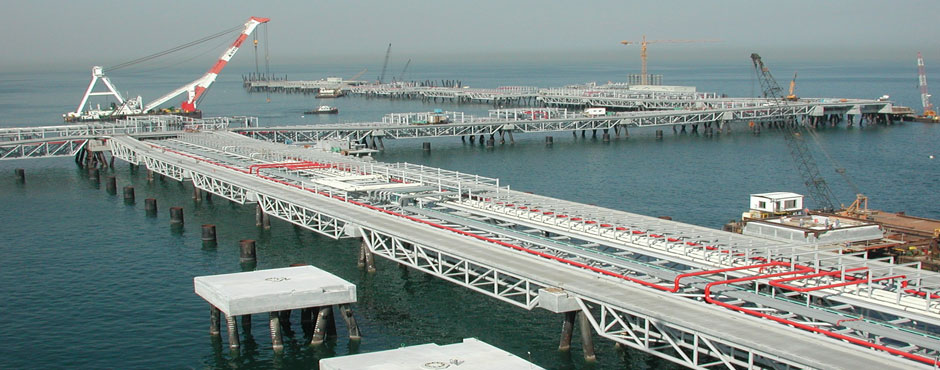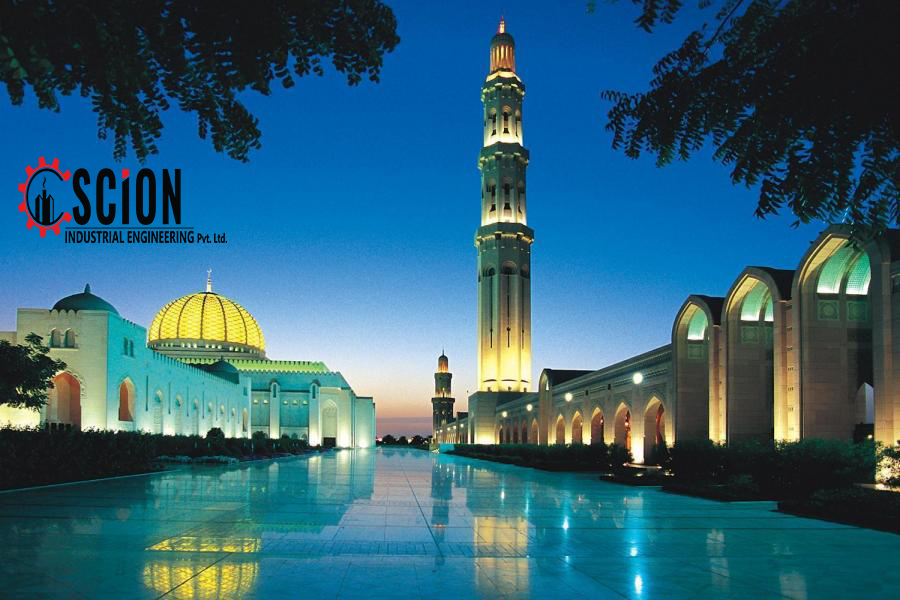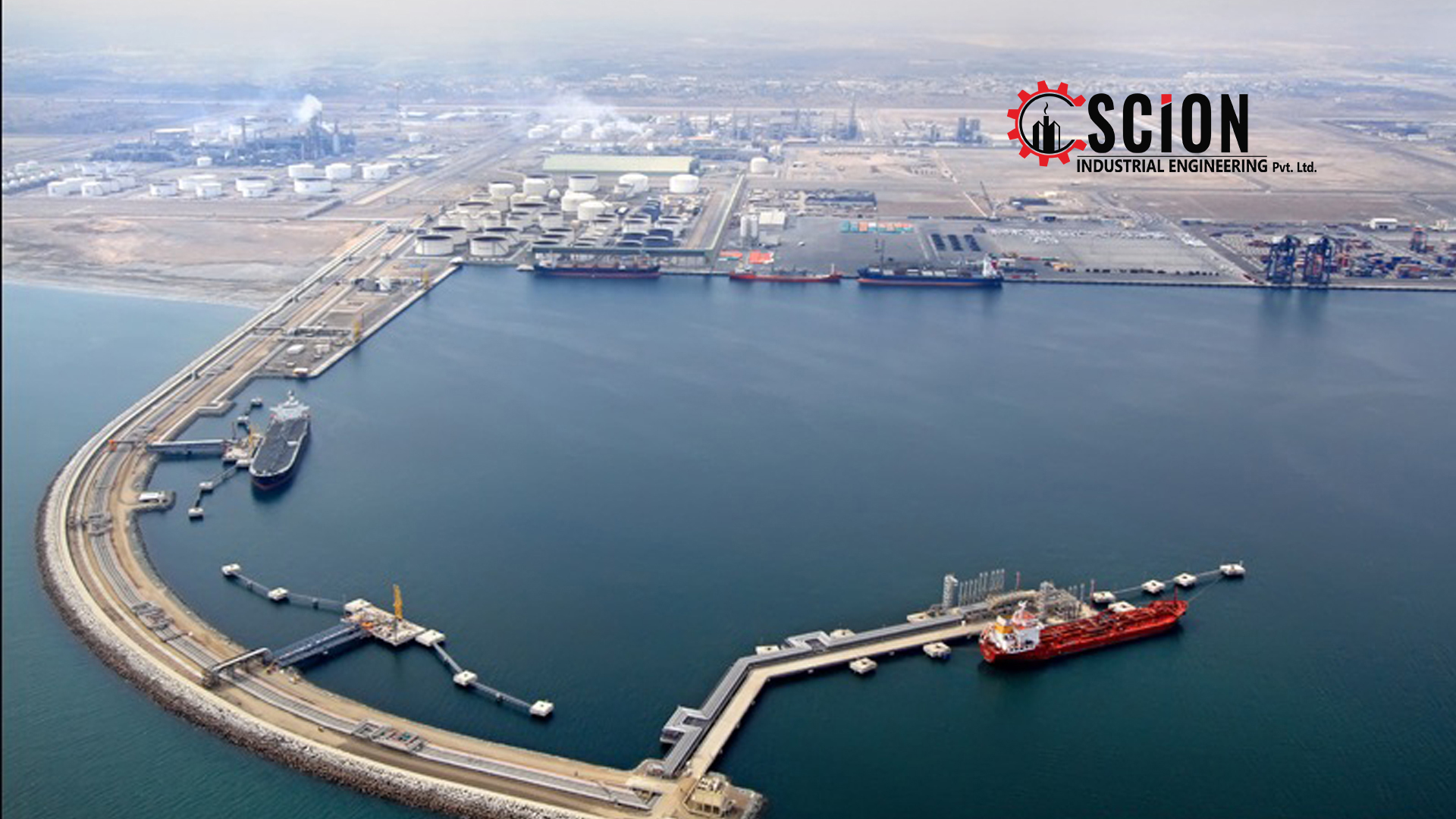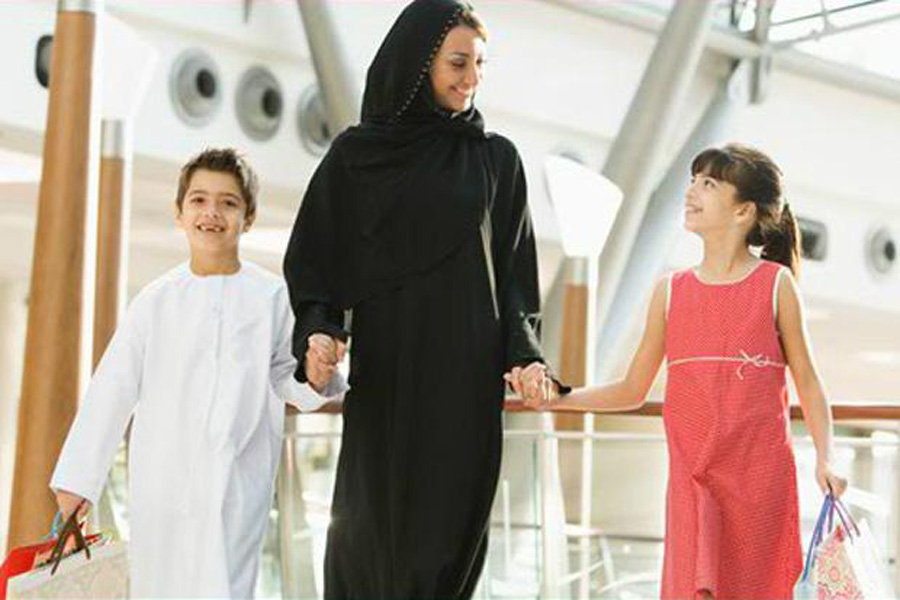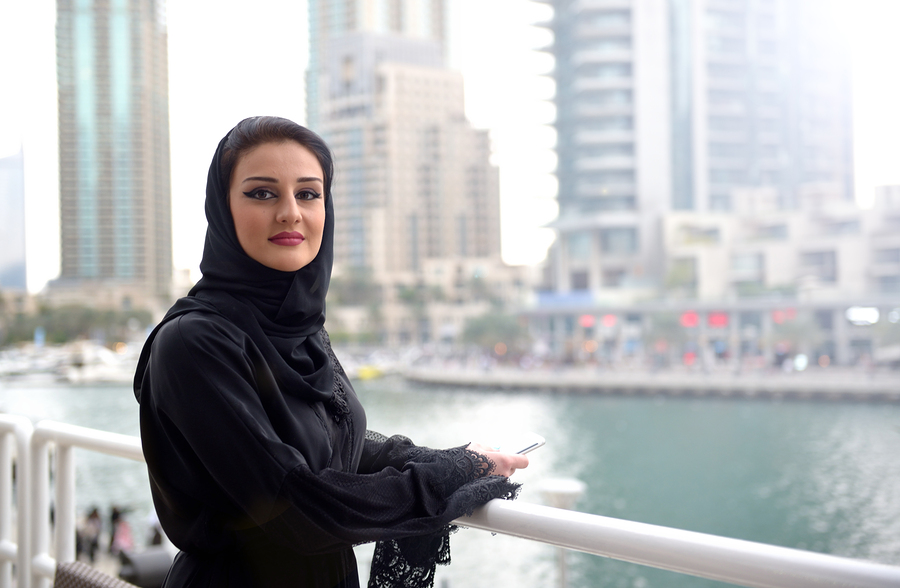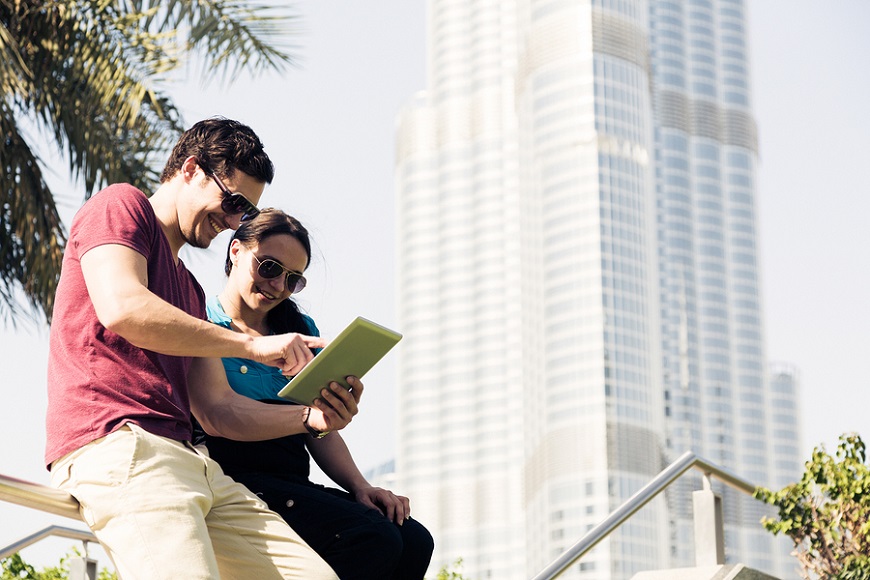Saudi Arabian Oil Co. and Total are weighing jointly buying businesses such as Tas’helat Marketing Co. to gain access to networks of retail fuel stations in the Gulf kingdom, according to people with knowledge of the matter.
The state-owned company, known as Aramco, and the French oil giant are also looking at a range of options from consolidating some service stations to potentially starting the business from scratch, the people said, asking not to be identified as the matter is private.
French lender Credit Agricole SA and local investment bank Saudi Fransi Capital are advising the firms on their plans, which are still in the early stages, they said.
No final decisions have been taken and the group may decide against acquiring Tas’helat, which operates fuel stations under the Sahel brand, or any other business, they said. Representatives for Total and Credit Agricole declined to comment. Spokesmen for Aramco and Saudi Fransi didn’t respond to requests for comment.
Aramco and Total this month entered into a preliminary accord to study the joint purchase of a retail service station network in Saudi Arabia, and another worth about $9 billion for the potential expansion of a refinery and petrochemicals complex in Jubail, according to a statement April 10.
A division of Aramco, known as Saudi Aramco Retail Co., may enter into a joint venture with the French company to operate the business following a takeover, one of the people said.
Aramco, which is planning what could be the world’s largest initial public offering, is scouting for acquisitions as it seeks to become an integrated energy company with operations spanning the full spectrum of activities in the industry.
The company asked banks to pitch for roles to help identify natural gas assets globally, people familiar with the matter said this month.
Other large energy majors are looking to divest distribution assets and focus more on core exploration activities. Abu Dhabi National Oil Co., another Middle East state-owned explorer, raised 3.1 billion dirhams ($844 million) from the sale of a stake in its fuel retail unit this year.
Source:http://www.arabianbusiness.com/retail/395040-aramco-total-said-to-eye-saudi-fuel-stations-such-as-tashelat

